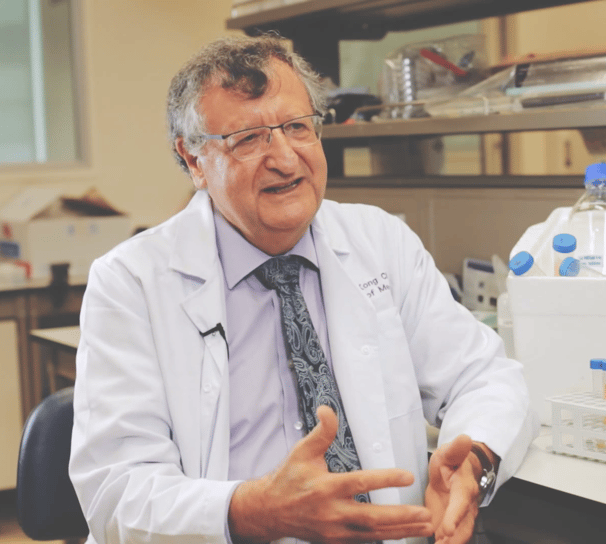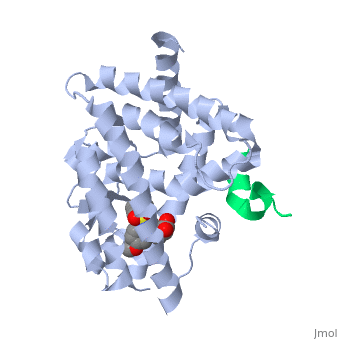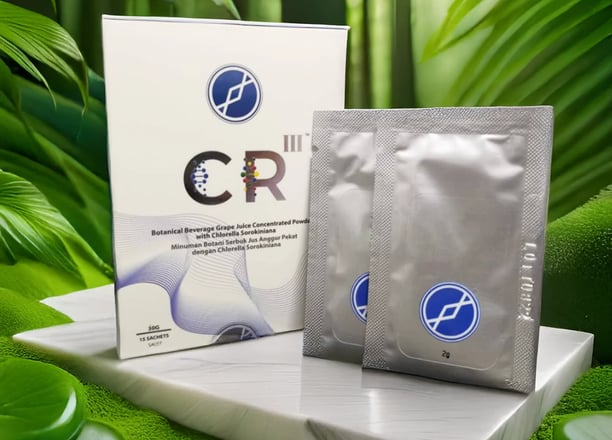About Walter Wahli, Ph.D.
He is a world-renowned biologist whose decades of research have illuminated the critical role of peroxisome proliferator-activated receptors (PPARs) in metabolism, inflammation, and disease. His work identified natural ligands (e.g., fatty acids, eicosanoids) that activate PPARs, shaping our understanding of how diet and cellular signaling influence health.


Walter Wahli, Ph.D.
Professor emeritus of the University of Lausanne
Build your own dreams
Or someone else will hire you to build theirs. Here is how you can take action – starting today.
Title
Highlights how dietary lipids and synthetic agonists harness PPAR pathways to combat metabolic syndrome, diabetes, and chronic inflammation.
Physiological Ligands of PPARs in Inflammation and Lipid Homeostasis
Authors
Wahli W, Michalik L
Journal
Future Lipidology (2006)


Method Used
Reviewed 200+ studies on PPAR ligands, including cell/animal models and human trials. Identified endogenous ligands (fatty acids, eicosanoids) and their binding affinity to PPAR subtypes (α, β/δ, γ).
Analyzed gene expression data to map PPAR-regulated pathways in inflammation and lipid metabolism.
Key Discoveries from the 1999 Paper
Dr. Demetri’s work revealed its unexpected role in cancer biology: activating PPARγ forces malignant cells to mature into harmless fat cells, halting tumor growth.
Animal Models
PPARβ/δ agonists improved metabolic syndrome in obese mice.
Omega-3 fatty acids (natural PPARα/γ ligands) reduced atherosclerosis in animal models.


Human Data
Populations with high dietary omega-3 intake showed lower cardiovascular disease rates.


Mechanistic Insights
PPARα activation by fatty acids boosts liver fat burning, reducing serum triglycerides.
PPARγ activation by prostaglandins (e.g., 15d-PGJ2) inhibits NF-κB, dampening inflammation.


Why This Matters to Your Health
This seminal review by Dr. Walter Wahli and Dr. Liliane Michalik synthesizes decades of research on PPARs, emphasizing their role as metabolic and inflammatory regulators.


Inspired by science
Trusted by results
Backed by nature
Natural Ligands: Fatty acids, eicosanoids, and prostaglandins activate PPARs to balance lipid metabolism and inflammation.
PPARs Roles:
Enhances fatty acid oxidation in the liver, reducing triglycerides.
Promotes adipocyte differentiation and insulin sensitivity.
Regulates energy homeostasis and inflammation resolution.
